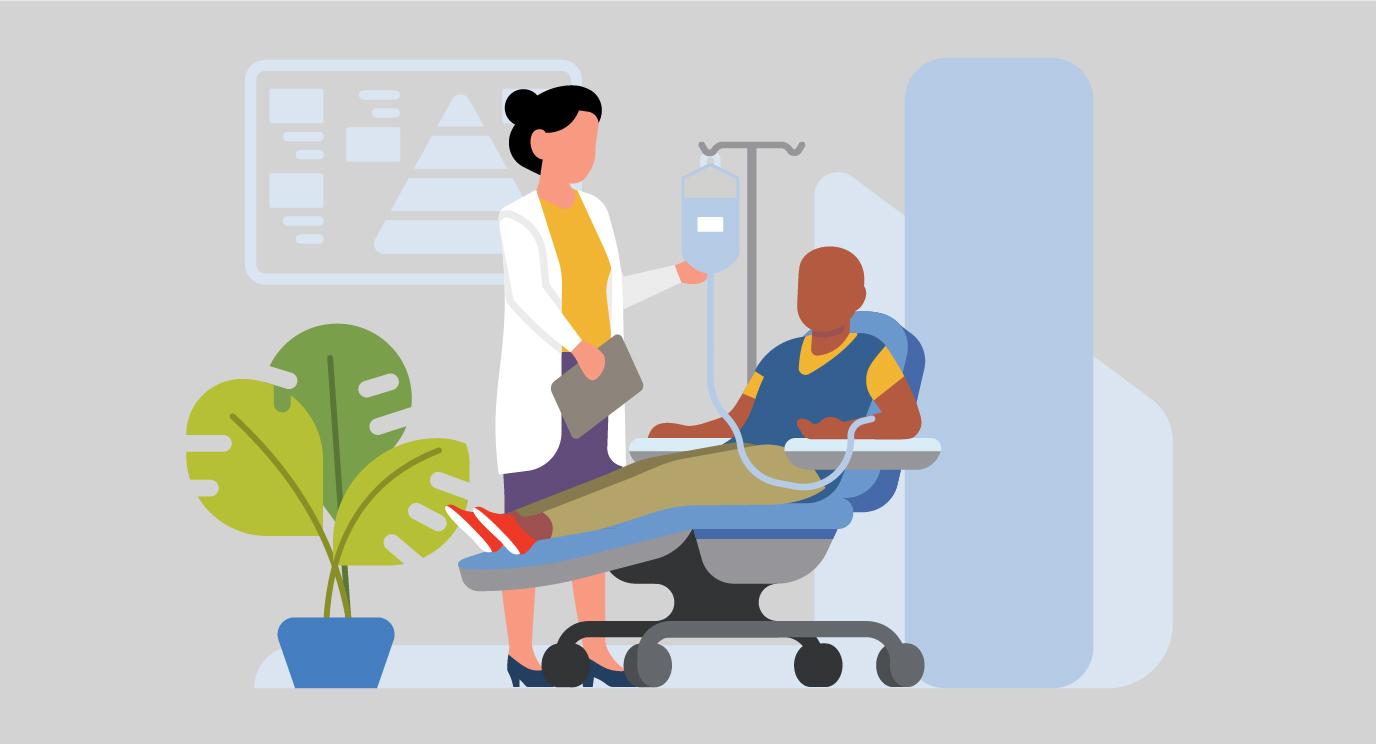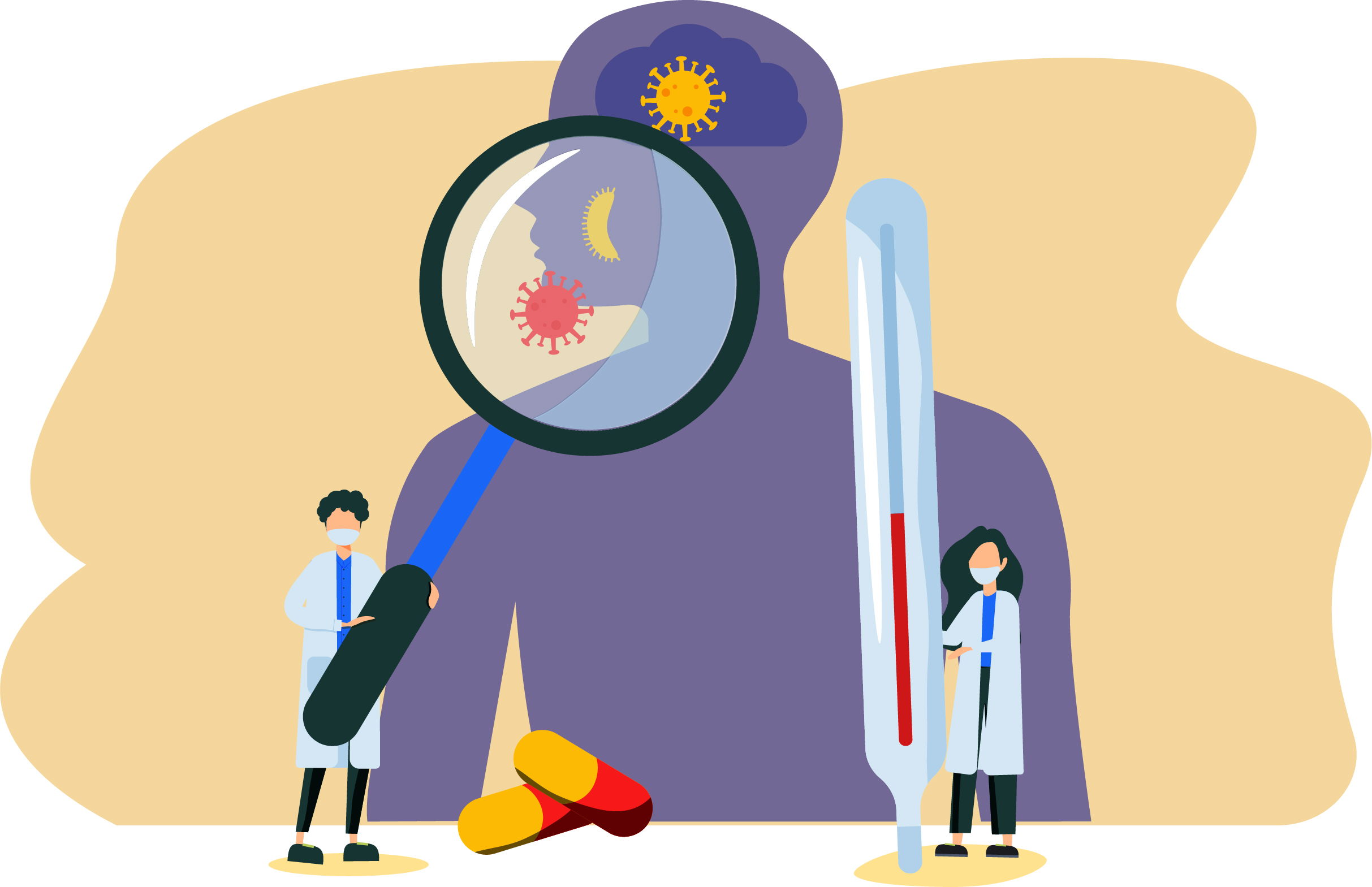- Diseases
- Acoustic Neuroma (14)
- Adrenal Gland Tumor (24)
- Anal Cancer (68)
- Anemia (2)
- Appendix Cancer (16)
- Bile Duct Cancer (26)
- Bladder Cancer (72)
- Brain Metastases (28)
- Brain Tumor (232)
- Breast Cancer (716)
- Breast Implant-Associated Anaplastic Large Cell Lymphoma (2)
- Cancer of Unknown Primary (4)
- Carcinoid Tumor (8)
- Cervical Cancer (162)
- Colon Cancer (166)
- Colorectal Cancer (118)
- Endocrine Tumor (4)
- Esophageal Cancer (44)
- Eye Cancer (36)
- Fallopian Tube Cancer (8)
- Germ Cell Tumor (4)
- Gestational Trophoblastic Disease (2)
- Head and Neck Cancer (14)
- Kidney Cancer (128)
- Leukemia (342)
- Liver Cancer (50)
- Lung Cancer (286)
- Lymphoma (278)
- Mesothelioma (14)
- Metastasis (30)
- Multiple Myeloma (100)
- Myelodysplastic Syndrome (60)
- Myeloproliferative Neoplasm (6)
- Neuroendocrine Tumors (16)
- Oral Cancer (100)
- Ovarian Cancer (174)
- Pancreatic Cancer (160)
- Parathyroid Disease (2)
- Penile Cancer (14)
- Pituitary Tumor (6)
- Prostate Cancer (146)
- Rectal Cancer (58)
- Renal Medullary Carcinoma (6)
- Salivary Gland Cancer (14)
- Sarcoma (238)
- Skin Cancer (296)
- Skull Base Tumors (56)
- Spinal Tumor (12)
- Stomach Cancer (64)
- Testicular Cancer (28)
- Throat Cancer (92)
- Thymoma (6)
- Thyroid Cancer (98)
- Tonsil Cancer (30)
- Uterine Cancer (84)
- Vaginal Cancer (18)
- Vulvar Cancer (20)
- Cancer Topic
- Adolescent and Young Adult Cancer Issues (20)
- Advance Care Planning (12)
- Biostatistics (2)
- Blood Donation (18)
- Bone Health (8)
- COVID-19 (362)
- Cancer Recurrence (120)
- Childhood Cancer Issues (120)
- Clinical Trials (632)
- Complementary Integrative Medicine (22)
- Cytogenetics (2)
- DNA Methylation (4)
- Diagnosis (232)
- Epigenetics (6)
- Fertility (62)
- Follow-up Guidelines (2)
- Health Disparities (14)
- Hereditary Cancer Syndromes (126)
- Immunology (18)
- Li-Fraumeni Syndrome (8)
- Mental Health (116)
- Molecular Diagnostics (8)
- Pain Management (62)
- Palliative Care (8)
- Pathology (10)
- Physical Therapy (18)
- Pregnancy (18)
- Prevention (922)
- Research (392)
- Second Opinion (74)
- Sexuality (16)
- Side Effects (608)
- Sleep Disorders (10)
- Stem Cell Transplantation Cellular Therapy (216)
- Support (402)
- Survivorship (322)
- Symptoms (182)
- Treatment (1786)
How I knocked out acoustic neuroma
3 minute read | Published September 22, 2015
Medically Reviewed | Last reviewed by an MD Anderson Cancer Center medical professional on September 22, 2015
At age 64, one would expect to have some hearing loss, but mine seemed to be failing faster than most.
A year earlier, I had obtained my third-degree black belt and Grand Superior World Champion title in taekwondo, a sport I began participating in during my 40s. As my hearing worsened, I noticed I was having problems with spinning jump kicks, something I could easily do just a year earlier.
I sought help from my ENT, who diagnosed me with an acoustic neuroma, a benign skull base tumor that grows on the nerves associated with balance.
Although this was usually a slow-growing tumor, after few months I realized I was losing my hearing faster than expected, and the dizziness was affecting my everyday life. I have always strived to be the best of the best, so I decided to seek help from a place I had trusted with my non-Hodgkin’s lymphoma: MD Anderson.
Balancing the options
When I met with Franco DeMonte, M.D., a brain surgeon with the Skull Base Tumor Program at MD Anderson, I wanted to be sure that he realized I was not some ordinary "older person" who was content spending the remaining years of her life sitting calmly watching TV.
After additional testing, Dr. DeMonte shared the results. As we went over the findings together, I asked him my list of many questions. Not once did he tire of them, even though I asked some of them two or three times in different ways, hoping for a different response.
I appreciated that Dr. DeMonte told it like it was, gave me my options and then shared his advice. I was never pressured one way or another, and the decision was mine.
After discussing the treatment options with my family, we decided on surgery to remove the acoustic neuroma. I was told the surgery would last four to eight hours, with five to seven days in the hospital. There were some possible side effects, but I decided, for me, the risks were worth taking.
On the day of surgery, I was nervous to say the least, and at one point began to have second thoughts. That’s when Dr. DeMonte came to my bed in pre-op, and asked if I was ready to go. There is something about the assuredness he projects that let me know everything was going to be OK.
Up and kicking after surgery
The surgery went better than expected and without any of the possible complications. The hospital stay was shorter than we anticipated, and I was discharged with a brand-new hairstyle and one less tumor.
There are still times when my balance is not what it used to be, but I knew to expect that before surgery. What was destroyed by the tumor would not self-repair, but I have learned to compensate.
I still practice my taekwondo, even though my jumps are lower, and my spins are slower. Just like I told Dr. DeMonte in our first appointment, I’m not content to sit still. I now enjoy parasailing and walking 25 miles a week, and still keep my 6'2" husband in line with threats of kicks to the head.
Related Cancerwise Stories

I was not going to be content spending my remaining years calmly watching TV.
Paula Johnson
Survivor





